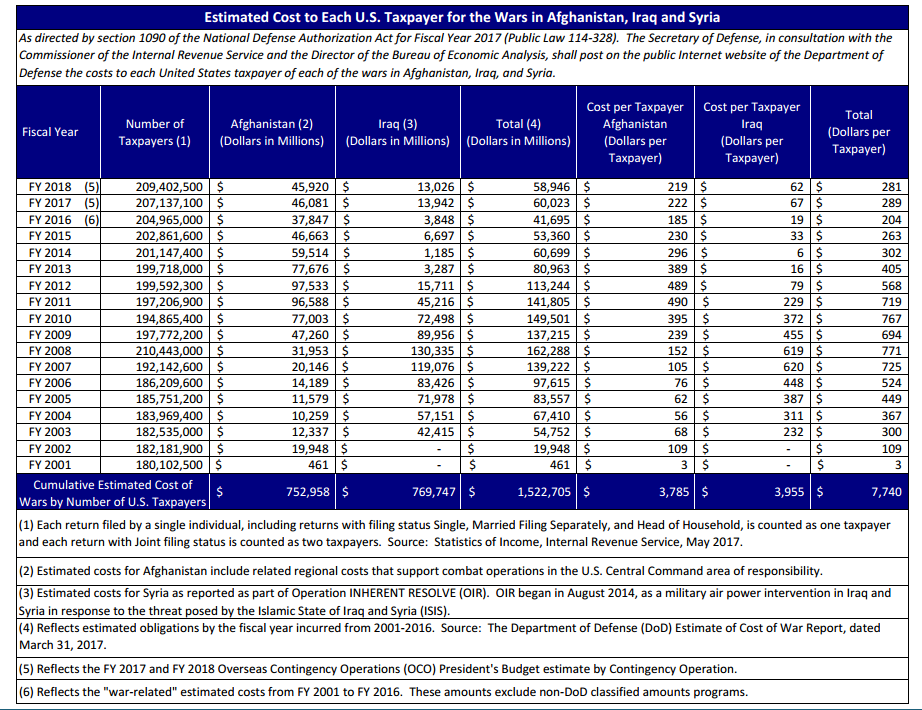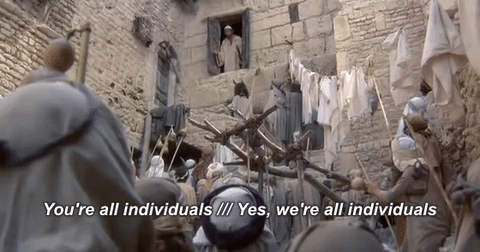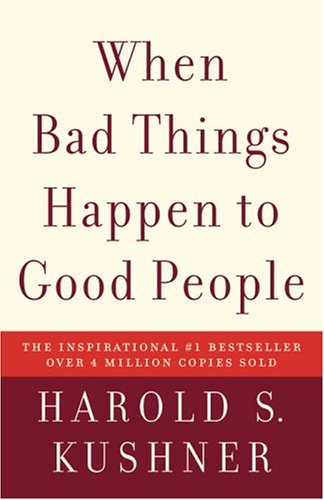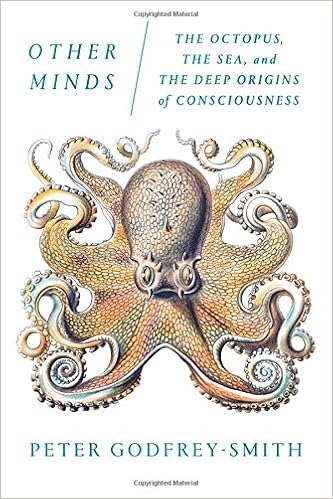This post is part of the General Conference Odyssey.
You know the old saying: life’s a journey, not a destination. Journeys are cool. Quests are cooler. So I really liked Elder Faust’s quintessentially Mormon teachings on marriage in the opening Saturday Morning session of the October 1977 General Conference: The Enriching of Marriage. His exact phrase, coming at the end of the talk, is that “Marriage is a joint quest for the good, the beautiful, and the divine.”
The more I think about it, the less likely that is as a characterization of marriage. Oh, don’t get me a wrong. A lot of Elder Faust’s counsel is what we, as Mormons, are fairly used to hearing. The idea that “Our homes should be among the most hallowed of all earthly sanctuaries” places a Mormon home as basically one step below a Mormon temple and—I believe, at least—one step above Mormon meetinghouses. This might be an unusual position relative to the world today, but it’s exactly how we usually think about marriage and family and the home.
Similarly, Elder Faust’s teaching that “We understand best the full meaning of love when we become parents” is another absolutely distinctive Mormon teaching. We’re the guys, after all, who believe not only in God the Father but also in God the Mother. It is naturel for us to see our role as parents as echoes of Gods’ roles as Parents, and to see in our love and willingness to sacrifice for our little ones the love and willingness of our Father and Mother to sacrifice for all their children.
And yet, the idea that marriages is a quest still struck me as new.
I can’t even tell you for sure what it means, but I’m mulling it over.
My early thoughts? The idea that marriage is a quest emphasizes that marriage isn’t just a state of being. First you’re single, then you’re married. At one time you were young, now you’re old. Sometimes you’re happy, sometimes you’re sad. No, marriage is a goal-directed activity. It’s intentional. It’s something we do, not just a state we happen to be in.
What I am still pondering—and will continue to ponder after I finish this post—is how the goals of marriage (things like: coming to a unity of love with your spouse and exercising love for your children) generalize to the goals Elder Faust spoke of: the good, the beautiful, and the divine.
I haven’t got that resolved yet, but I’m going to be meditating on it until (hopefully) I do.
—
Check out the other posts from the General Conference Odyssey this week and join our Facebook group to follow along!
- The Tragic Cycle of Mankind by G
- Wickedness is Happiness Said No One Ever by Jan Tolman
- A joint quest for the beautiful by Marilyn Nielson







 When it comes to political issues, we usually should not fight for what we believe in. Fighting for something, as I understand the term, involves fighting against someone. If one’s goal faces no (human) opposition, then one might be described as working for a cause (for instance, working to reduce tuberculosis, working to feed the poor) but not fighting for it. Thus, one normally fights for a cause only when what one is promoting is controversial. And most of the time, those who promote controversial causes do not actually know whether what they are promoting is correct, however much they may think they know…[T]hey are fighting in order to have the experience of fighting for a noble cause, rather than truly seeking the ideals they believe themselves to be seeking.
When it comes to political issues, we usually should not fight for what we believe in. Fighting for something, as I understand the term, involves fighting against someone. If one’s goal faces no (human) opposition, then one might be described as working for a cause (for instance, working to reduce tuberculosis, working to feed the poor) but not fighting for it. Thus, one normally fights for a cause only when what one is promoting is controversial. And most of the time, those who promote controversial causes do not actually know whether what they are promoting is correct, however much they may think they know…[T]hey are fighting in order to have the experience of fighting for a noble cause, rather than truly seeking the ideals they believe themselves to be seeking. Popular wisdom often praises those who get involved in politics, who vote in democratic elections, fight for a cause they believe in, and try to make the world a better place. We tend to assume that such individuals are moved by high ideals and that, when they change the world, it is usually for the better.
Popular wisdom often praises those who get involved in politics, who vote in democratic elections, fight for a cause they believe in, and try to make the world a better place. We tend to assume that such individuals are moved by high ideals and that, when they change the world, it is usually for the better.




 With philosopher Peter Godfrey-Smith’s
With philosopher Peter Godfrey-Smith’s 
